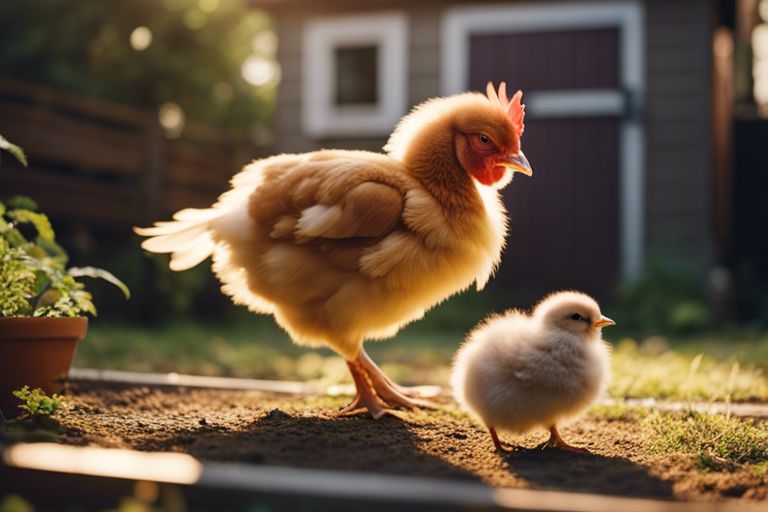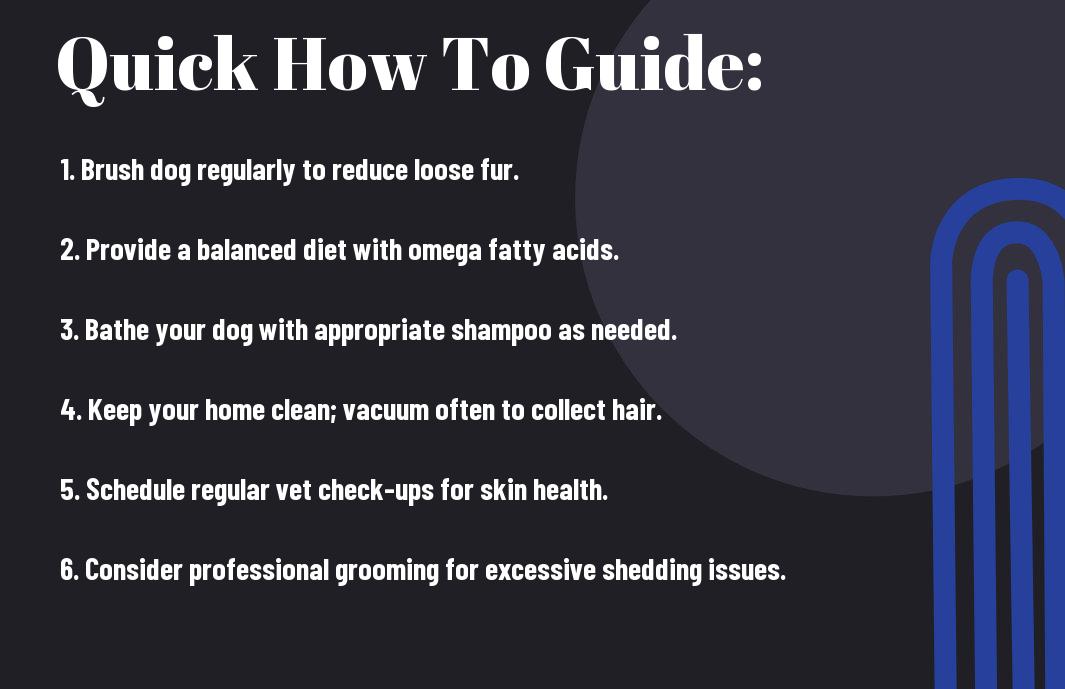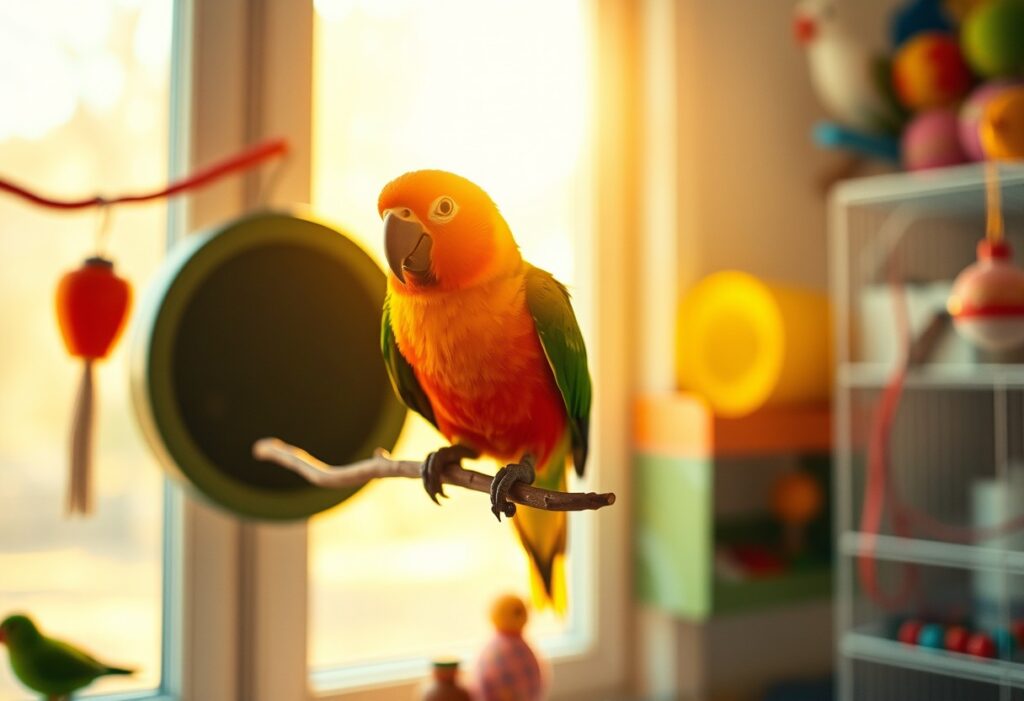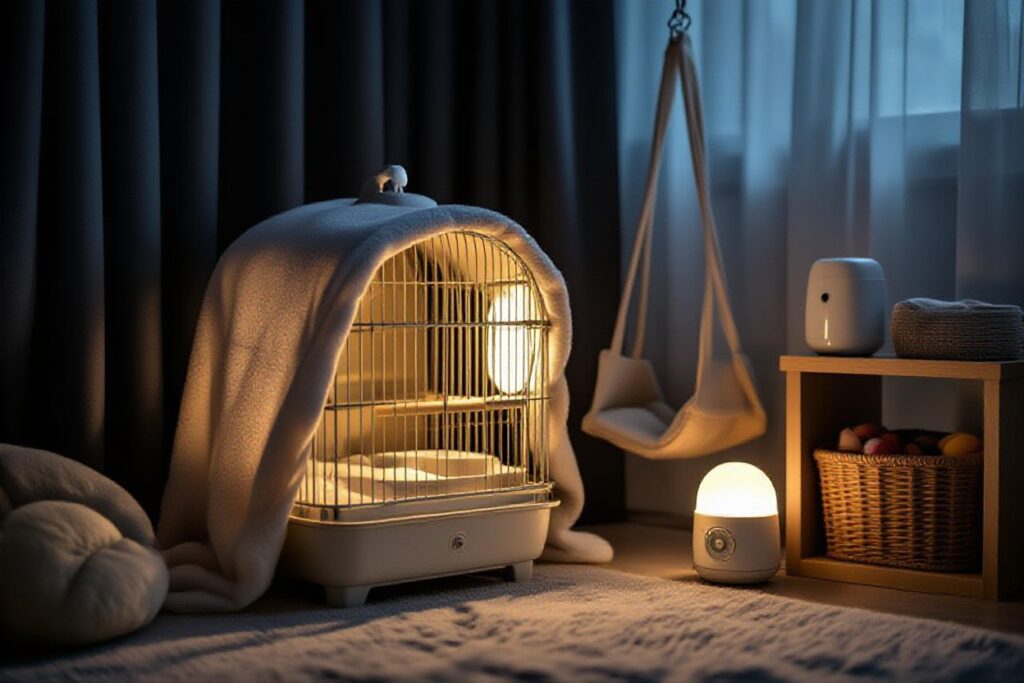Most backyard chicken keepers are well aware of the joy that comes from raising these fascinating birds. However, not everyone may be familiar with the stages a chicken goes through from its humble beginnings as a hatchling to its adulthood as a hen. In this informative blog post, we will explore into the various milestones in a chicken’s life, shedding light on the growth, development, and transformation these feathered creatures undergo over time. Let’s commence on a journey through the lifecycle of a chicken, from hatchling to hen.
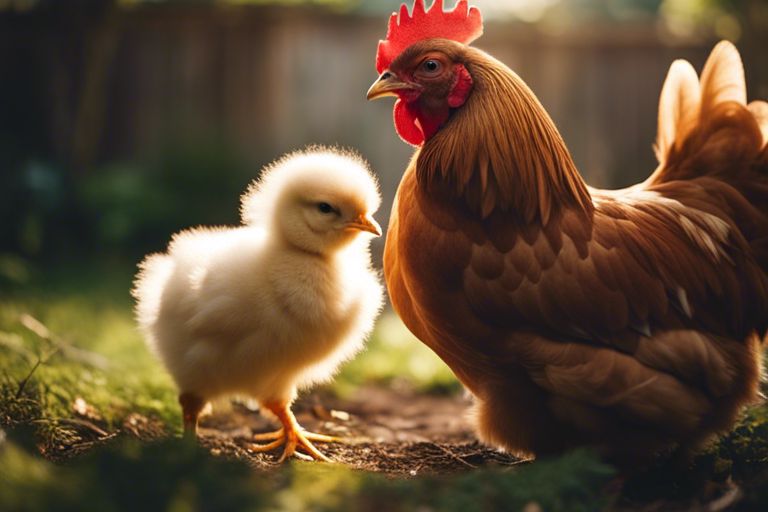
The Early Stages: Hatchling to Fledgling
The First 24 Hours: Birth and Immediate Care
While the process of hatching may seem arduous to us, for a chick, it is their first challenging task in the journey of life. In the first 24 hours after hatching, chicks require immediate care to ensure their health and wellbeing. This includes providing a warm and safe environment, access to clean water, and a suitable chick feed to nourish their tiny bodies.
Weeks 1-6: Growth and Development
One of the most critical periods in a chick’s life is the first 6 weeks after hatching. During this time, they undergo rapid growth and development. Chicks will begin to feather out, their wing and tail feathers will develop, and they will start to exhibit behaviors like scratching and pecking. It is crucial to provide a balanced diet rich in nutrients to support their growth and promote healthy development.
Fledgling
As chicks reach the age of 6 weeks, they are no longer considered hatchlings but fledglings. By this stage, they have developed more feathers and are becoming more independent. Fledglings will start exploring their surroundings more confidently and honing their natural instincts. Providing a safe and stimulating environment is crucial to help them transition into healthy and happy adult chickens.
The Juvenile Phase: Building the Flock
Weeks 7-18: Feathers, Pecking Order, and Space
You might find that your young chicks are beginning to develop their feathers during this stage. This is an exciting time as they start to display their individual personalities and establish their pecking order within the flock. Providing enough space is crucial during this period to prevent overcrowding and potential aggression among the growing birds.
Adolescence: Preparing for Maturity
Phase: As your chickens approach the age of maturity, they will go through adolescence. This is a critical time when they are preparing for adulthood, and behaviors such as mating rituals and egg-laying start to emerge. It’s vital to monitor their development closely during this phase to ensure they receive the right nutrition and care.
With proper attention and a well-managed environment, your chickens will smoothly transition from the juvenile phase to adulthood. Providing them with a balanced diet, adequate space, and opportunities to socialize will contribute to their overall well-being and help them become healthy, productive members of your flock.
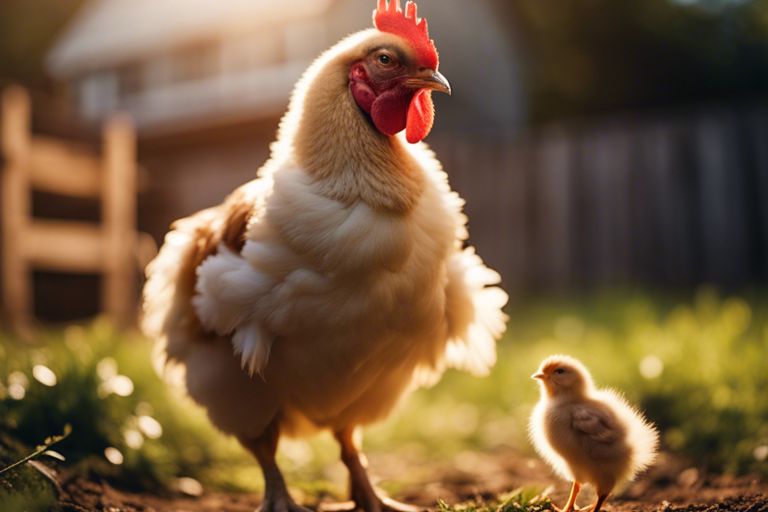
The Adult Chicken: From Egg-Layer to Elder
Sexual Maturity: Egg Production Begins
If there’s one milestone that marks the transition from chick to adult chicken, it’s when a young hen reaches sexual maturity and begins laying eggs. This typically happens around 18-24 weeks of age, although it can vary depending on the breed of the chicken. Once a hen starts laying eggs, she will continue to do so for the majority of her adult life, with peak production occurring in the first year.
The Annual Cycle: Molting and Egg-Laying Breaks
As chickens age, they go through an annual cycle that includes molting and breaks in egg-laying. Molting is a natural process where chickens shed their old feathers and grow new ones, typically occurring once a year. During this time, hens may take a break from laying eggs to conserve energy for feather growth. Additionally, factors like daylight hours and temperature can also affect egg production, leading to seasonal fluctuations in laying.
Molting is crucial for a chicken’s health and well-being, as it allows them to replenish their feathers and maintain proper insulation. Additionally, the break in egg-laying during this period gives the hen’s reproductive system a chance to rest and reset, ensuring continued egg production in the future.
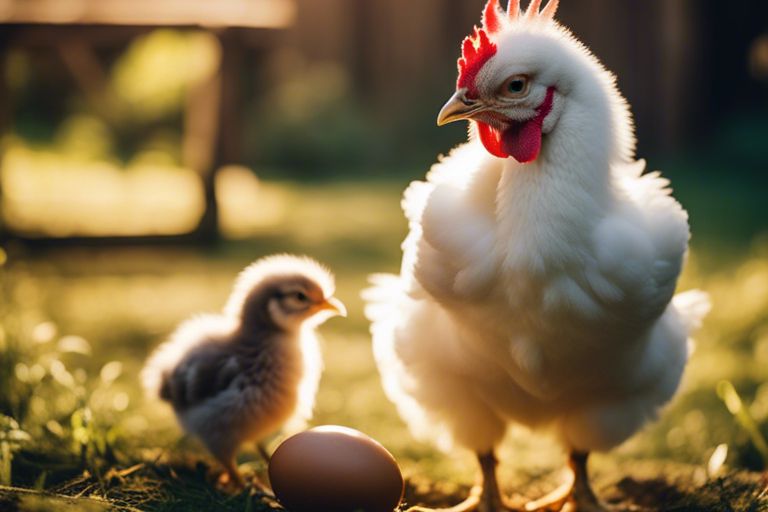
Healthcare and Longevity
Preventive Measures and Common Ailments
On your journey of caring for chickens, preventive measures play a crucial role in ensuring their well-being. Regular health checks, a balanced diet, clean living conditions, and vaccination against common diseases like Marek’s disease and Infectious Bronchitis can help keep your feathered friends healthy. However, despite your best efforts, chickens can still be susceptible to common ailments such as respiratory infections, mites, and intestinal parasites. Knowing the signs and symptoms can help you address issues promptly and prevent them from escalating.
Lifespan and End-of-Life Considerations
Healthcare considerations for chickens also touch upon their lifespan and end-of-life care. A chicken’s average lifespan is around 8-10 years, with some breeds living longer. As your chicken ages, you may need to adjust their diet, provide extra warmth, and monitor their mobility and overall well-being. Eventually, end-of-life decisions may need to be made, and humane euthanasia might be necessary if your chicken’s quality of life declines significantly due to advanced age or illness.
Plus, it’s crucial to establish a relationship with a veterinarian who specializes in poultry care. They can provide tailored advice for your flock, assist with health issues, and offer guidance on end-of-life considerations. By staying proactive and informed, you can help your chickens lead healthy, fulfilling lives from hatchling to hen.
Final Words
So, through this timeline of a chicken’s life, we have seen how a humble hatchling transforms into a fully-grown laying hen. From the delicate stage of hatching to the robust adulthood of egg-laying, each phase is crucial in the development of these fascinating birds. Understanding the life cycle of a chicken not only gives us insight into their growth process but also highlights the care and attention required at each step. As stewards of these animals, it is important to provide them with proper nutrition, habitat, and healthcare to ensure they thrive and lead healthy lives. By following this timeline, we can appreciate the resilience and beauty of chickens as they progress from hatchlings to hens in our farms and backyards.
FAQ
Q: What is a chicken’s life cycle like?
A: A chicken’s life cycle consists of various stages, from hatchling to hen. Each stage is important for the development and growth of the chicken.
Q: How long does it take for a chicken to hatch from an egg?
A: It takes approximately 21 days for a chicken egg to hatch. The process involves the egg being kept warm and rotated regularly to ensure proper development.
Q: What is a chick like when it first hatches?
A: When a chick first hatches, it is fragile and dependent on its mother for warmth and protection. It is covered in down feathers and is unable to regulate its own body temperature.
Q: How long does a chick stay with its mother hen?
A: A chick typically stays with its mother hen for about 8-10 weeks. During this time, the mother teaches the chick important skills such as finding food and avoiding predators.
Q: When does a chick transition into a pullet?
A: A chick transitions into a pullet when it reaches around 16-20 weeks of age. At this stage, the chick starts to develop its adult feathers and begins to lay eggs.
Q: How long does it take for a pullet to start laying eggs?
A: It usually takes a pullet around 5-6 months to start laying eggs. The timing can vary depending on the breed of the chicken and its living conditions.
Q: What is the lifespan of a chicken?
A: Chickens have an average lifespan of 5-10 years, depending on their breed and care. With proper nutrition and housing, chickens can live a long and healthy life.
